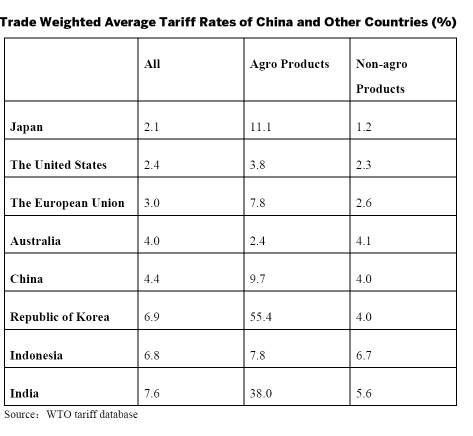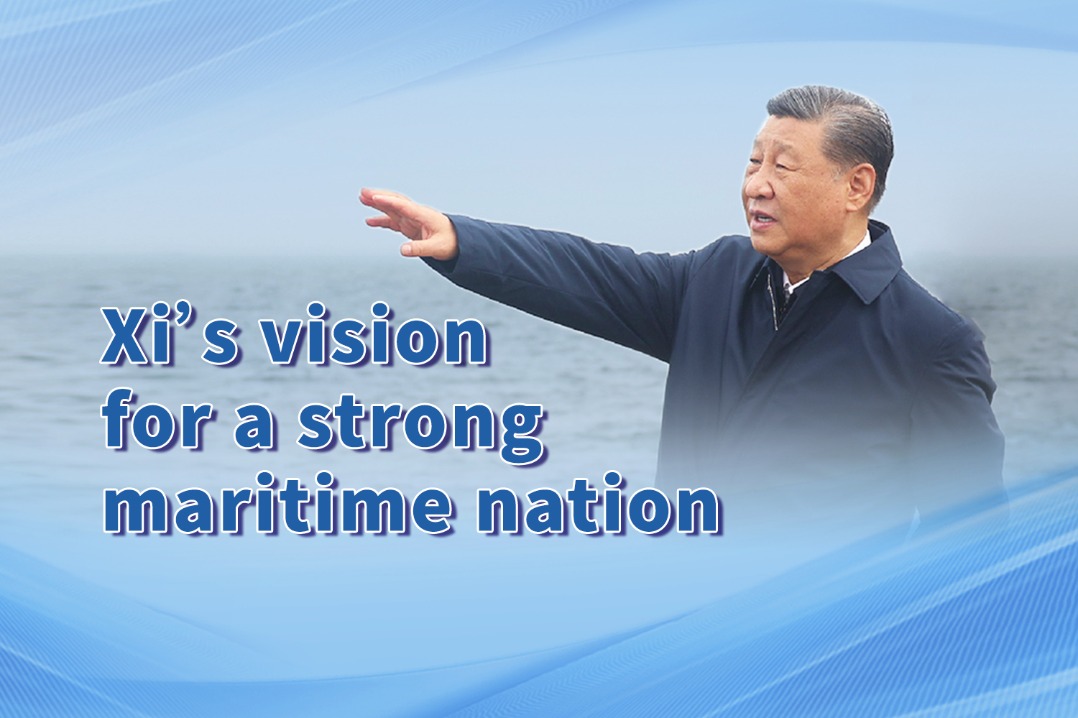The facts and China's position on China-US trade friction


The idea of "fair trade" and "reciprocal opening up" advocated by the US ignores the existence of objective differences among countries in terms of stage of development, resources, and competitive industries, and ignores developing countries' right to develop. It will create an impact on the economy and industries of the developing countries, result in broader inequality, and eventually prevent American businesses from expanding their international market share and sharing development opportunities in the developing countries.
Since its accession to the WTO, China has made important contributions to world economic development. Some people think China has taken advantage of its WTO membership while putting other countries at a disadvantage. In fact, after China joined the WTO, it has provided international capital and technologies with low-cost labor and land resources, generating immense production capacity that has promoted the development of global industrial chain and value chain, and world economic growth. In this process, FDI to China has kept on growing, surging from USD46.88 billion in 2001 to USD136.32 billion in 2017, at an annual growth of 6.9%. Multinationals have shared the immense opportunities in China's economic development. In the meantime, China has paid a high cost in environment and industrial restructuring as its economy grows rapidly.


































